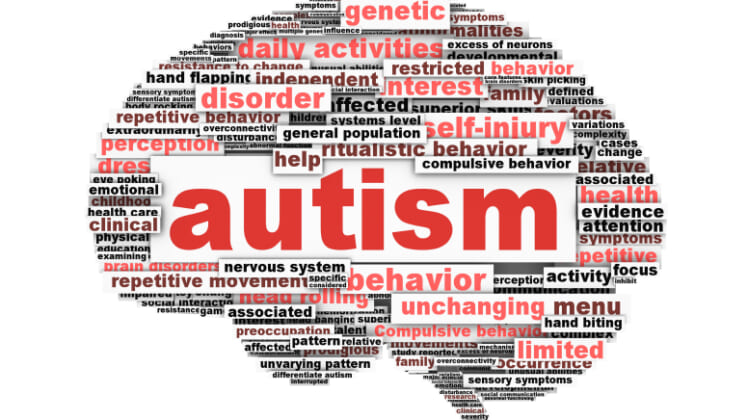
My friend's dog passed away last week. As we talked about how she would discuss this with her eight-year-old daughter, I panicked and said "Just tell her the dog went to sleep." I know this is not the best solution. I know, rationally, that honesty is the best policy but my gut reaction was to protect this child I care about. We all, as parents and educators, feel the need to shield our children from pain, but when it comes to explaining death to children, the truth will help them through the grieving process. For children with autism, this process is no different. Children with autism deserve the respect of being told the truth in a way they can understand and in a manner that will ultimately help them heal. Some people mistakenly describe all children with autism as much less emotional or even "robotic" as compared to their typically-developing peers. This is not true. Children with autism feel a variety of emotions and the concept of death can be devastating to them. Whether it's the loss of a family member, friend, pet, or even a celebrity they see on the television, there are some ways you can help a child with autism understand death. State the facts Children with autism are concrete thinkers. Be very clear and say "He died. That means we won't see him anymore." Explain the illness from which the deceased suffered in simple terms. "He had a heart attack. That means his heart does not work anymore." It's important to explain the cause of death to children so they don't think people simply vanish with no rhyme or reason. Incorporate your religious beliefs Children with autism, like all other children, learn values and morals from their parents. Explain religious customs or traditions related to the person's passing. Include your child with autism in your prayers for the departed. Don't be afraid to explain the concept of heaven; just use clear and concise language. Acknowledge your child's feelings Be clear that it is acceptable to feel sad, angry, or confused. Children look to you for cues so it's fine to let them see you cry. Talk to them about how you are feeling in clear terms. Model appropriate expression of emotion by talking about your loved one. "Playing cards with Grandpa made me feel happy. I feel sad because I won't get to play cards with Grandpa anymore." It is also helpful to list things you can do to remember the good times, such as looking at photo albums, watching home videos, or writing in a journal.
It's important to note, if you feel you need more support to deal with the loss, seek the help of a counselor or trusted friend so as not to overburden your child with your grieving process. Children are often resilient and may be ready to move on before you, so talk to other adults if you need to work through your feelings. Though a conversation about death with your child is appropriate, speaking to him as your equal is not.
Write a story together
Children with autism are visual learners, so writing a story together about the loss can help your child make sense of all that’s happening. Your child can draw pictures for the story or you can use real pictures of your family, your home, and even the church or synagogue where the service will take place. Writing a story about the funeral will help prepare him for what’s to come and what behavior is expected of him. He may need to be prepared if you would like him to receive visitors and accept condolences. For example, write “If someone says I’m sorry for your loss, I will say Thank you“. Include the days and times of the services, clothing he is expected to wear, and the sequence of events in the story.
Losing a loved one and managing the days that follow can be overwhelming. Including your child with autism in the grieving process will help you both come to terms with the loss and move forward in a healthy way.
